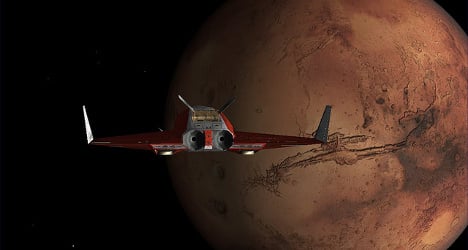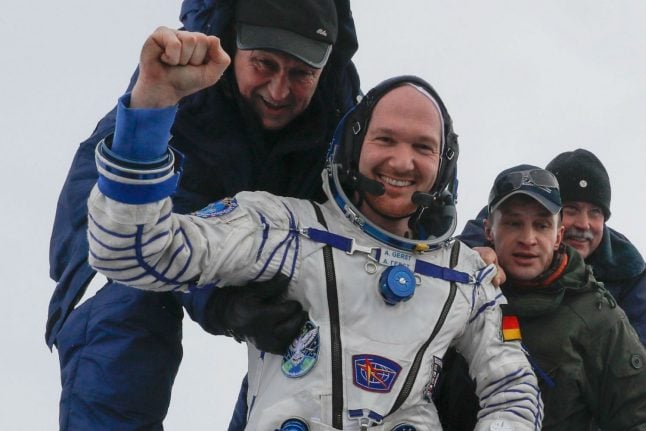Eight men and three women from Spain have sent in their applications in the hope they’ll be chosen to form part of a 24-strong team that will set up camp on the Red Planet.
One of the Spanish candidates is 28-year-old Araceli. Inspired by Spanish astronaut Pedro Duque, the glamour model is gaining a lot of support on the internet.
In her application video, Araceli said: “Why wouldn’t I want to go to Mars? It’s not like I have anything better to do here!”
The highest number of submissions have come from the US (17,324), followed by China (10,241) and the UK (3,581).
Applicants who pass the first selection will then have to endure tough tests to prove their suitability.
The Dutch company behind the ambitious project is aiming to have chosen the would-be astronauts by 2015 and to then train them for seven years before lift-off.
After a prolonged stay on Mars, the human body is incapable of readjusting to the higher gravity of Earth.
That’s why Mars One has emphasized that those chosen for the gruelling space voyage will need to come to terms with one key fact: they won’t be coming back.



 Please whitelist us to continue reading.
Please whitelist us to continue reading.
Member comments